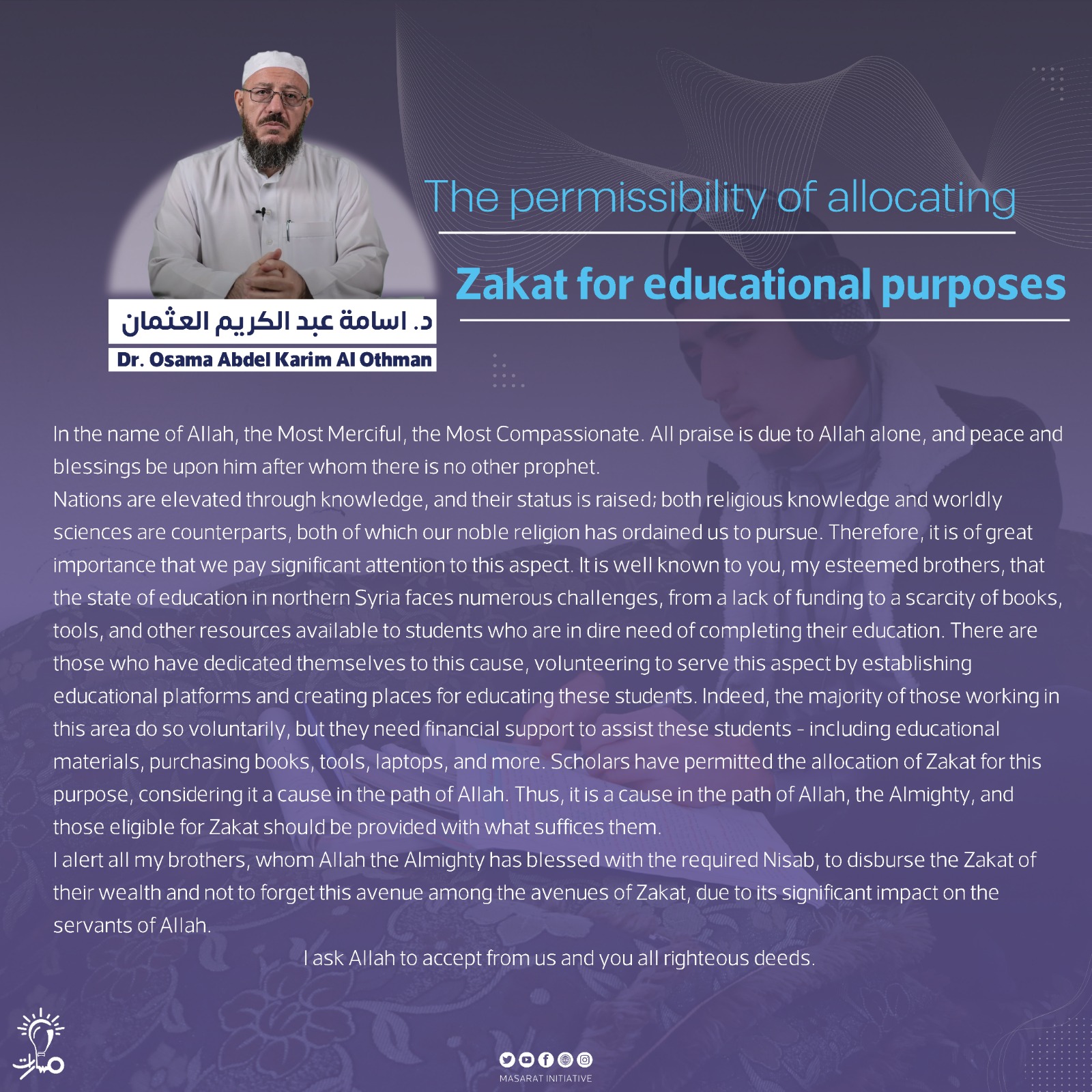Allah commanded His Muslim servants to pay zakat on all forms of wealth they possess, in any shape or form, to spread love and purify souls.
This article delves into the zakat on livestock in detail, its ruling, conditions, and execution, concluding with the most common questions on this topic.
Zakat on Wealth and Livestock
The obligation of zakat was mandated by Allah Almighty on His believing servants as a purification for the soul from stinginess, a purification and blessing for wealth. Allah’s commandment on zakat covers all wealth a Muslim owns, including money, crops, and livestock. The term livestock refers to “camels, cows, buffaloes, sheep, lambs, and goats.”
Are animals considered wealth that zakat must be paid on?
Yes, because their benefits to humans are numerous, and they are a source of trade for their owners. This is evidenced by the Prophet Muhammad’s hadith: “Any man who owns camels, cows, or sheep and does not pay their zakat will be confronted with these animals in their largest and fattest form on the Day of Judgment. They will trample him with their hooves and butt him with their horns, with the last of them doing so until the first has finished, until judgment between people is passed.”
Conditions for the Obligation of Zakat on Livestock in Islam
Islam mandates zakat on livestock when the following conditions are met:
- The minimum threshold (nisab) of the same species is reached.
- A Hijri year has passed since owning them.
- The livestock must be grazing, mostly feeding themselves rather than being fed. If their feeding is mostly not natural grazing, then zakat is not obligatory.
- The livestock are for fattening or milking and not for labor purposes like water extraction or plowing, among other similar activities.
The Ruling on Paying Zakat on Livestock
Islam commands the payment of zakat on livestock, following the words of the Holy Quran and the noble Sunnah, which indicate the obligation of zakat on animals like cows and camels.
As Muadh bin Jabal, may Allah be pleased with him, narrated: “When the Prophet, peace be upon him, sent him to Yemen, he instructed him to take from the cows, for every thirty a tabi’ or tabi’ah, and for every forty a musinnah, and from every adult (capable of reproduction) a dinar or its equivalent in Yemeni clothing.”
Zakat on Camels in Wealth
Zakat on camels must be paid from the same type of wealth being zakated, i.e., zakat from the same species. Zakat should not be paid in money unless there is a need that requires it, as endorsed by Sheikhul Islam Ibn Taymiyyah. However, some permitted paying zakat in money to achieve a benefit, especially for the poor.
Zakat on Sheep in Wealth
The majority of scholars have ruled that zakat cannot be paid from a different type of wealth than the one being zakated, as it was commanded in this manner. The apparent doctrine of Imam Ahmad is that it is not sufficient to pay the value in zakat, and this is also the opinion of Malik and Shafi’i.
Despite differences among jurists, Sheikhul Islam Ibn Taymiyyah, may Allah have mercy on him, decreed that paying zakat in value is not permitted unless it is due to a necessity or for a benefit.
Zakat on Other Types of Livestock
For other types of livestock, aside from camels and sheep, Islam obligates the payment of zakat on them according to their respective nisab, which varies by type.
Channels for Distributing and Paying Zakat on Livestock
Zakat on livestock should be given to the needy and poor, as mentioned by Allah in His noble Book, with eight designated categories: “Charities are for the poor, the needy, those employed to collect [zakat], those whose hearts are to be reconciled, for those in bondage and debt, in the cause of Allah, and for the traveler. It is an obligation from Allah, and Allah is Knowing and Wise.” Therefore, zakat on livestock is distributed to those most in need, aiming to fulfill their basic requirements.
Masarat Initiative for Online Education and Knowledge Dissemination in Syria
At Masarat, we rely on an integrated and sustainable knowledge system to empower individuals through free educational tools, providing equal opportunities for all, especially the displaced, orphans, people with disabilities, and those cut off from education for extended periods. We aim to reach the largest segment of beneficiaries who have been prevented by their circumstances from completing their education. Your donations today will make you partners in reaching those in dire need!
Frequently Asked Questions About Zakat on Livestock
How is zakat on livestock calculated?
When livestock graze naturally, reach the nisab, and a Hijri year has passed, zakat is paid from the same type of wealth.
What is zakat on grazing livestock?
It includes camels, cows, buffaloes, and sheep, whether they are lambs or goats, that mostly graze for themselves throughout the year.
Which animals are subject to zakat?
Camels, cows and buffaloes, and sheep, whether they are lambs or goats.
Is it permissible to pay zakat on livestock in cash?
Most scholars do not permit paying zakat on livestock in cash unless it serves a benefit for the poor or needy.






